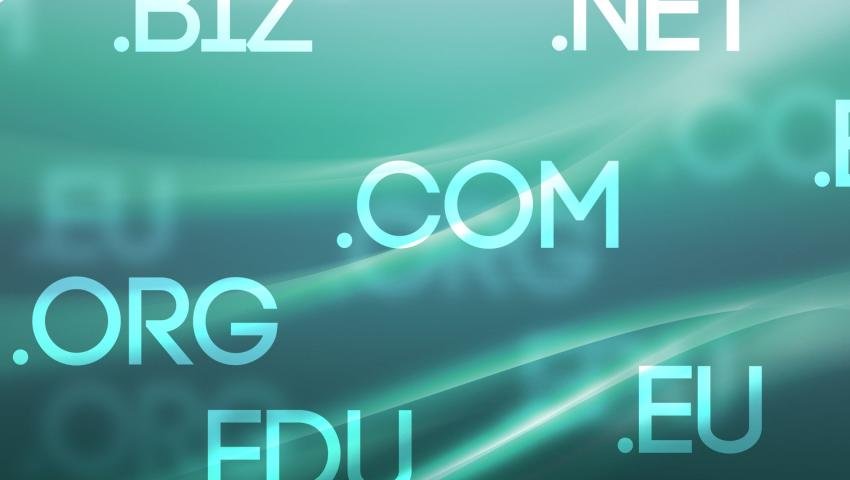
Speak Any Language, Own Any Domain
In a global digital world, language and identity go hand in hand. Speak Any Language, Own Any Domain explores how multilingual domain strategies and localized branding help businesses connect across cultures. Learn how to expand your reach, build trust, and thrive in international markets—one domain at a time.
Speak Any Language, Own Any Domain
Speak Any Language, Own Any Domain: The Rise of Internationalized Domain Names (IDNs)
The internet was once a space dominated by English—and so were website addresses. But that’s changing fast. With the growth of global internet users and the demand for digital inclusivity, Internationalized Domain Names (IDNs) have emerged as a powerful way to bring the web closer to home.
So, what are IDNs, and why do they matter now more than ever?
What Are Internationalized Domain Names?
Internationalized Domain Names (IDNs) are web addresses that use characters outside the basic Latin alphabet, including scripts like Arabic, Chinese, Cyrillic, Hindi, Urdu, Korean, and more.
Instead of being limited to English-only domains like www.mystore.com, you can now have www. میریدکان.com or www. 我的网站.cn.
Why IDNs Are a Game-Changer
1. Local Language = Local Trust
When users see a domain name in their own language or script, it immediately feels more familiar and trustworthy. It bridges the language gap and makes digital experiences feel local and authentic.
2. Expanding Digital Access
Billions of people speak languages that don’t use the Latin alphabet. IDNs help bring those users online in a way that respects their language and culture—creating a truly inclusive web.
3. Brand Identity in Every Language
Businesses can now reflect their brand identity in the local languages of their target audience. A restaurant in Japan can have a domain name in Kanji. Urdu can be used in a Pakistani clothes store. It’s about showing up in the language your customers live and breathe.
Real-World Examples of IDNs in Action
The Russian government uses президент. рф (President.rf)
Chinese companies are increasingly using domains like 购物. 中国 (shopping. China)
Pakistan is promoting local domains such as. پاکستان to support native language users.
Are There Challenges with IDNs?
Yes—though the technology is solid, adoption is still growing. Complete IDN support is still a problem for some email clients and systems. But major browsers and platforms like Google, Firefox, and Safari already handle IDNs well.
The Future is Multilingual
The web is no longer just English-speaking. With IDNs, everyone has the chance to claim their corner of the internet—in their own script, in their own voice. It's not just a technical shift. It's a cultural one.
Final Thoughts
Whether you're a global brand, a local business, or an individual, IDNs open the door to a web that speaks your language. It’s time to think beyond .com and consider how your domain can connect with people in the languages they love most.
Speak any language. Own any domain.
The future of the internet starts with you.
Tooba Wajid
Leave a comment
Your email address will not be published. Required fields are marked *

